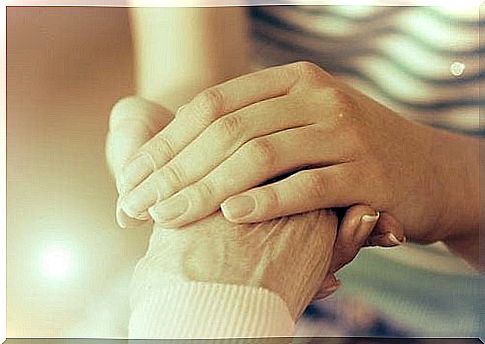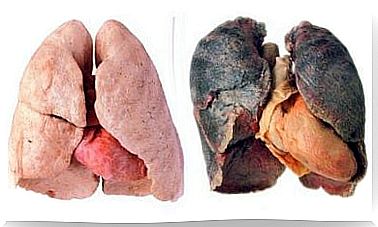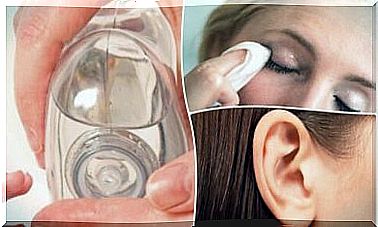The Healer Syndrome: Caring For The Caregiver
In order to be able to take care of others, it is essential that you, as a manager, be in good health. So you should never neglect yourself.

The caregiver syndrome is a very common reality that affects all those people who have the important responsibility of making life easier for a dependent and meeting their every need.
Indeed, in your life you may have a dependent to take care of every day. For example, your mother, your father, your spouse, even a child who has a disability.
Little by little, this task ends up causing not only physical but also emotional overload, which should never be neglected.
Daily life is centered on the dependent person and we sometimes end up neglecting ourselves.
We put ourselves totally in this role of healer and we forget that we are also people.
Where is the limit? How to face this type of situations so frequent in our society?
In this article, we’ll cover this topic, giving you tips on how to prevent healer syndrome.
A weight that almost always falls on women
Statistical data offers us a very clear reality: the responsibility of taking care of a dependent person falls much more often on the shoulders of women.
It is a task that is carried out with love and dedication, because the affective and emotional bond is present, and no one can leave aside this loved one, this disabled person who needs us to face daily life.
However, when the woman acquires the role of caregiver, different aspects follow one another that must be taken into account:
- Almost 60% of people who take care of a dependent loved one end up leaving their professional life behind.
- Being a healer involves being dependent on a person day and night.
- It is a task that is carried out with tenderness and dedication. It is therefore normal to sometimes feel anxiety, to think that the dependent person needs us urgently, and that they are not treated as they deserve, or to feel guilty when we allow ourselves a “ little moment of rest ”or when we are replaced in this task.
- The majority of people who acquire the role of healer are not prepared.
This therefore implies that they make mistakes concerning care, administration of drugs, diet, hygiene, etc.
- The caregivers have an average age of 50 to 60 years. These are therefore people who already have pain and physical limitations.
- The care of the dependent person is often reconciled with the attention of other relatives, such as grandchildren, children etc.
- Caregivers finally end up losing their personal leisure time and their passions.
Their life becomes a vicious cycle from which they cannot escape, and this physical and emotional pressure can cause very serious damage.
The warning symptoms of “healer syndrome”

Usually, the caregiver is not fully aware of the emotional and physical weakness that he is suffering from.
In fact, it is very common to ensure the well-being and good health of the dependent person, while the healer has lost weight, suffers from back problems, chronic fatigue, anxiety attacks. even hidden depression.
Now let’s see the main warning symptoms:
- Physical and moral exhaustion
- Health problems
- Frequent mood swings
- Weight variations
- Dependence on sedatives and pain relievers
- Social isolation
- Cognitive difficulties, such as loss of memory, attention, etc.
Tips to prevent “Healer Syndrome”
- First, set a schedule where you can benefit from several hours a day, for yourself.
- Then learn to delegate responsibilities to others, as this is vital.
The care of a dependent person should not fall only on an individual, so make agreements with other family members but also with social services.
It does not mean that you “love less or lose interest” in the addict.
On the contrary, she can benefit from more help and you will be in better shape to be useful to her.
Remember, if you are good, you will give the best of yourself. On the other hand, if you are badly, and your morale is low, you will not do your job well.
- Learn about the pain or problem from the person you are caring for.
Get support from professionals who can guide and help you play your role well.
- Always keep your social life, and also maintain contact with your friends when possible.
Take care of your emotions and your daily happiness.
- Do exercises, because it is something necessary. Take a walk every day, do some stretching at home, and take special care of your back.
- Finally, do not hesitate to seek help from professionals when you see that you are saturated.
It is not about going to medical centers or social services just for the person you are caring for, because you are also important.









